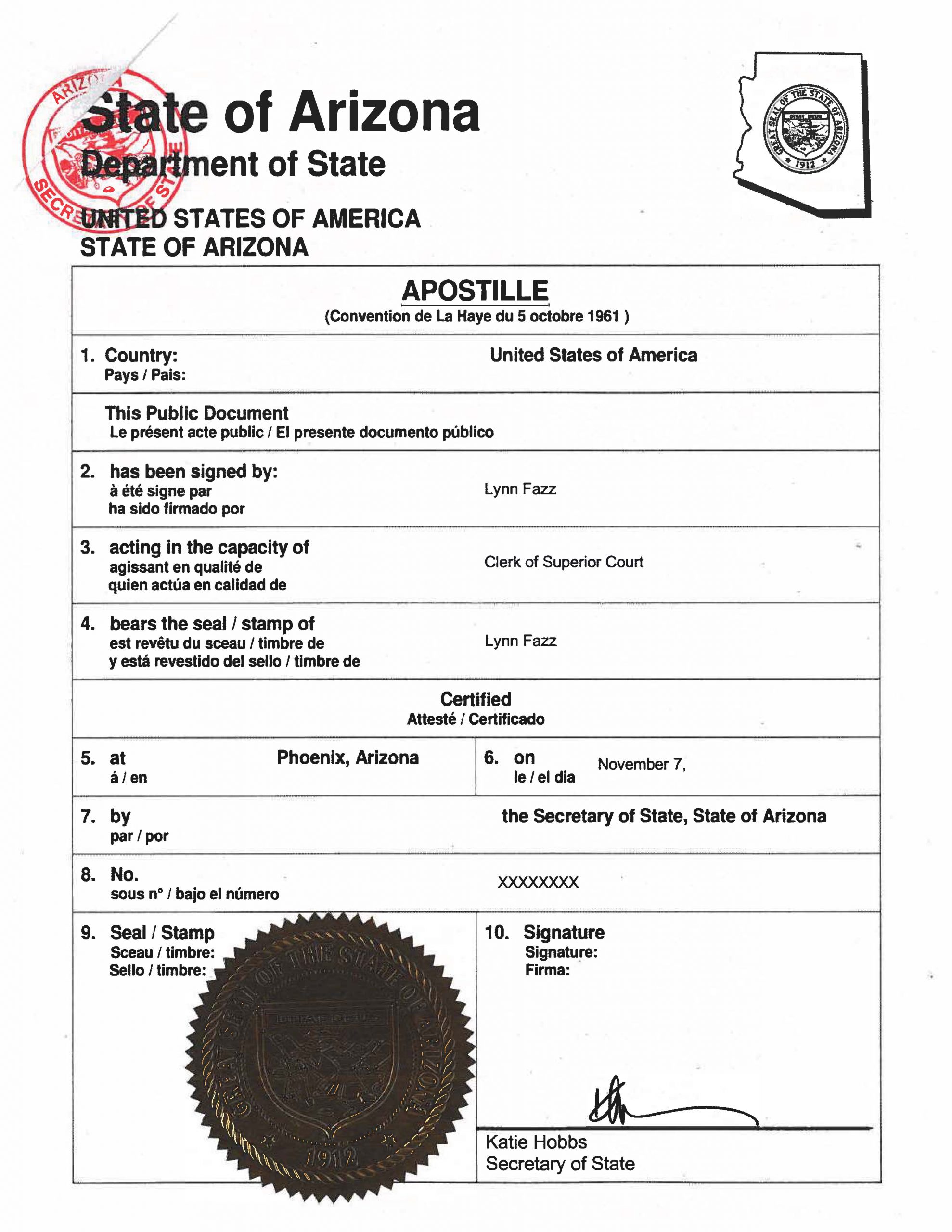Practical Houston Texas Apostille Solutions-- Quick Turn-around Times
Practical Houston Texas Apostille Solutions-- Quick Turn-around Times
Blog Article
Understanding the Apostille Refine: A Comprehensive Guide to International Paper Authentication
Navigating the elaborate landscape of global paper authentication can be intimidating without a clear understanding of the apostille process. This guide meticulously describes the essential steps, from determining which records need qualification to submitting them for verification by the Competent Authority. Grasping the relevance of an apostille and identifying prospective risks, such as insufficient submissions and language obstacles, can dramatically streamline the verification trip. What specifically defines an apostille, and why is it so important for files destined for Hague Convention countries? These inquiries develop the structure of our exploration into this crucial legal procedure.
What Is an Apostille?
An apostille is an official certification that validates the authenticity of a paper for use in one more nation. This accreditation, provided by a designated authority in the country where the file originated, ensures that the file is identified as valid and genuine in the worldwide field. The procedure of getting an apostille entails several steps, consisting of the verification of the paper's signatures, seals, and stamps by ideal governmental bodies.
The apostille serves as a worldwide recognized type of verification, made possible by the Hague Convention of 1961. This treaty, formally called the Hague Convention Eliminating the Requirement of Legalisation for Foreign Public Papers, standardizes the procedure of record qualification amongst participant countries. The apostille itself is a standardized certificate which contains details information, such as the releasing authority, the country of origin, and the date of issuance.
It is essential to note that not all papers are qualified for an apostille. Typically, public documents like birth certifications, marriage licenses, court orders, and academic diplomas get approved for this qualification. Personal files, such as contracts and contracts, might need notarization and additional steps to certify.
Value of Apostille
Comprehending what an apostille is establishes the phase for valuing its relevance in global ventures. houston tx apostille. An apostille, basically a type of certification provided by a marked authority, confirms the credibility of a file for usage in international countries that are signatories to the Hague Apostille Convention. This standardized procedure gets rid of the demand for further legalisation by embassies or consulates, thereby simplifying global deals
It makes sure the reputation and acceptance of important papers-- such as copyright, marriage licenses, and academic diplomas-- across boundaries. For companies, it promotes the smooth conduct of international profession, mergers, and procurements by giving a trusted technique of record confirmation.
In addition, an apostille improves lawful protection and conformity. Federal governments and organizations can with confidence count on the authenticity of records birthing an apostille, mitigating the danger of fraud and misstatement.
Records That Need Apostille
When taking part in international purchases or legal issues, specific papers often necessitate the authentication provided by an apostille. This guarantees their recognition and approval in nations that are notaries to the Hague Apostille Convention. Commonly, personal records such as copyright, marriage certificates, and fatality certifications need an apostille, specifically when they are used for procedures like migration, marriage abroad, or worldwide probate issues.
Educational documents are an additional group regularly needing apostilles. Diplomas, transcripts, and academic records often need this verification for functions such as seeking further education and learning, work, or expert licensing in a foreign nation (houston tx apostille). This action assures that the records are identified as genuine and valid
Lawful records, including powers of lawyer, affidavits, and court orders, also typically demand apostilles. Company records such as certificates read here of consolidation, bylaws, and business agreements might call for an apostille to help with worldwide trade, develop international branches, or engage in cross-border legal process.
Actions to Obtain an Apostille

Getting an apostille entails a multi-step procedure that guarantees the authenticity and acceptance of your records in foreign countries. The first step is identifying which documents need an apostille. houston tx apostille. Common records consist of copyright, marital relationship licenses, academic records, and company records
As soon as determined, the record needs to be accredited by Continued the suitable releasing authority. After certification, the paper must be sent to the assigned Competent Authority in the file's nation of origin.
The submission procedure generally needs a finished application form, the initial record, and a fee. Some territories might offer the option of expedited processing for an extra charge. Upon effective confirmation, the Competent Authority will certainly attach the apostille certification to the file, thereby confirming its credibility.
Usual Difficulties and Solutions
Browsing the apostille process can present numerous common challenges that, if not effectively attended to, may delay or complicate view it record verification. One constant problem is the entry of incorrect or insufficient papers. Each nation has details requirements for the kinds of documents that can be apostilled, and any kind of variance from these can result in rejection. Making certain that all papers are accurate and complete before submission is essential.
One more typical difficulty is recognizing the different handling times. Processing times can vary significantly in between countries and also in between different regions within the exact same nation. It is crucial to account for these variants when intending the apostille procedure to prevent unexpected delays.
Additionally, language barriers can pose significant barriers. Papers in a foreign language commonly call for certified translations, and any mistakes in translation can result in more complications. Engaging an expert translation solution can mitigate this threat.

Verdict
Understanding the apostille procedure considerably improves the performance of global document authentication. By comprehending the need of identifying and licensing required files, and navigating the submission to the Competent Authority, the process ends up being much more workable.
Report this page